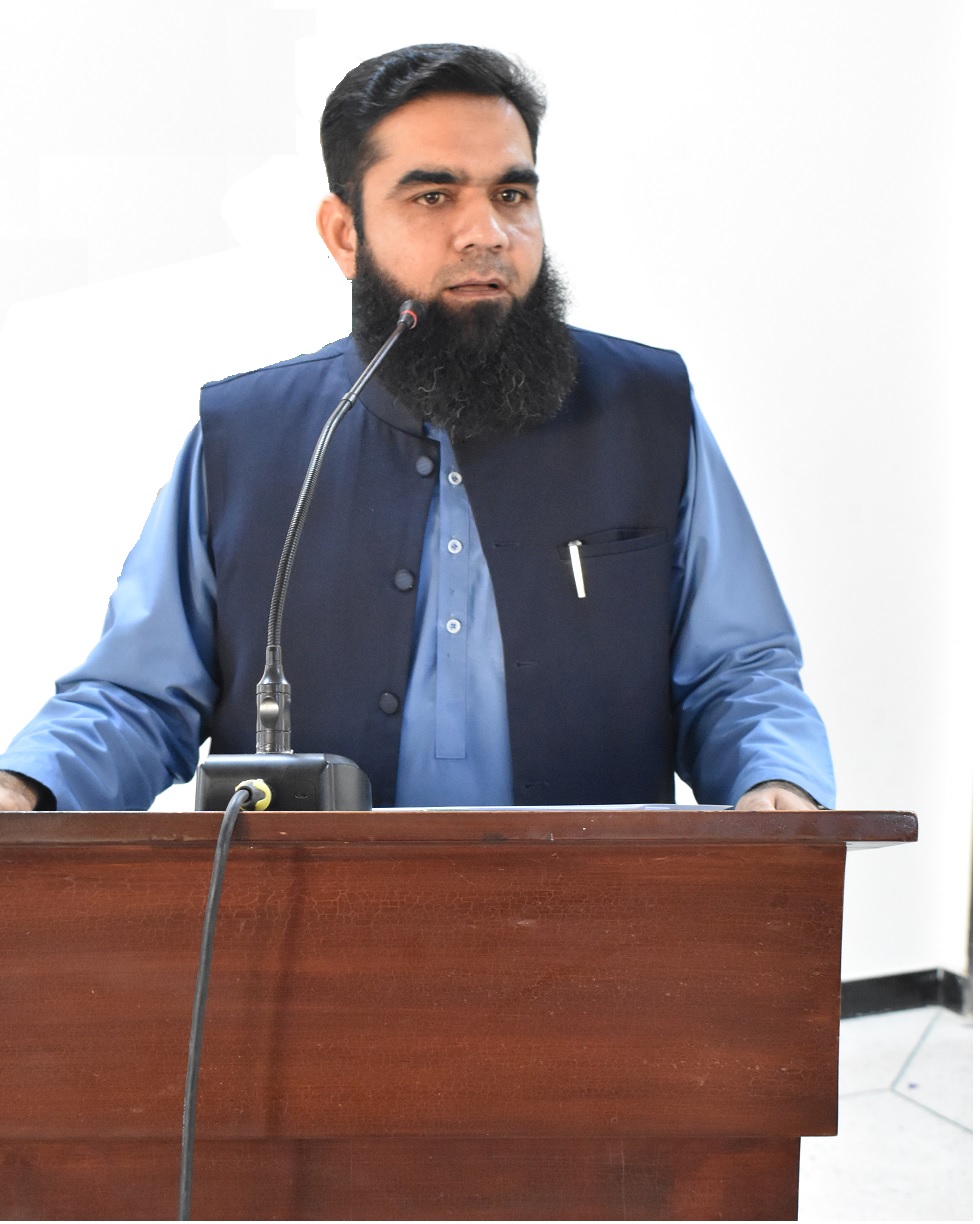Projects
The list of In-progress/ Completed research and development projects, both internally/ externally funded are listed in the section below.
This page includes a sampling of current and previous projects.
R&D Projects:
My current research explores the applications of wisdom mining, artificial intelligence, machine learning, big data, data mining and business intelligence in the field of EE&C and develop algorithms, automated systems, infrastructure and models for their applications in the specific context of energy crisis in Pakistan and the generic context of energy efficiency. The research in the field is carried out through market analysis, core issues in energy consumption, production, distribution and transmission, possible solutions using big data analytics, Power BI dashboards, conventional software development and machine learning. The work also involves calculating the impact of the proposed solutions on the overall energy efficiency of the country. My work involves establishing an energy information house that will host conventional information systems, data mining/ big data applications, an IoT control centre and databases.


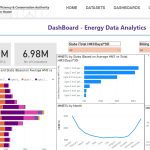


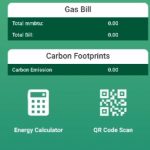
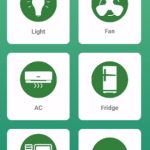
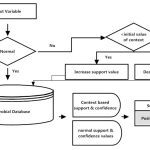
WISDOM MINING
The knowledge gained from data mining is highly dependent on the experience of an expert for further analysis to increase effectiveness and wise decision-making. This mined knowledge requires actionability enhancement before it can be applied to real-world problems. The reliability of analysis can be improved by foramalizing and adding factors of human wisdom capability into the process of data mining. This project is aimed to lay the foundation stone of a new domain ‘Wisdom Mining’ that consist of a set of algorithms parallel to the algorithms proposed by the data mining. This project further proposed improvements to data mining techniques and their applications in the real world and emphasized the need to seek ways to harness wisdom from data. The project covers the diverse definitions and different perspectives of wisdom within philosophy, psychology, management and computer science. The wisdom factors context, utility, location and time are systematically defined and added to the process.
For details please click here.
Artificially Intelligent Internet of Things (AIoT) for Energy Efficiency & Conservation in Large Buildings
The concept of sustainable energy demands “smart solutions” across all stages of the overall energy system, from production and infrastructure to end-user devices. This project aimed to utilize Artificial Intelligence (AI) and the Internet of Things (IoT) being placed at the center of smart energy solutions in “energy network management”, “bottleneck identification”, “planning of network assets”, “demand forecasting”, “smart control of energy appliances”, “optimal management of energy consumption through automated controllers”, and “sensor-based appliance management” for the ultimate goal of energy efficiency & conservation.
The outcomes of the projects include:
- Smart light, temperature, air condition control
- Energy Management Systems
NEERS: National Energy Efficiency Registry System
With rigorous protocols, robust data Quality Assurance/Quality Control (QA/QC) protocols and standardized reporting formats, NEERS is aimed to catalyze new levels of investment in addition to facilitating EE use as a compliance pathway for environmental regulations.
The creation of a National Energy Efficiency Registry System (NEERS) has the potential to inform future EE&C Action Plans and catalyze new levels of investment in energy efficiency in addition to facilitating compliance of EE&C regulatory framework. NEERS apart from measuring progress on EE&C initiatives and making informed policy decisions, energy savings from across the country can be documented, aggregated and exchanged.
Following are be the components of the NEERS, subject to update(s) and addition(s) as and when necessary;
- The manufacturers and/or importers of electric and gas appliances, products, and equipment shall be registered for compliance towards the mandatory/voluntary labelling regime for their product lines.
- The testing laboratories for appliances and building material shall be registered for accreditation to ensure quality, validity and reliability of testing services locally and internationally.
- The local and international ESCOs shall be registered with in the NEERS as a precondition to operate in the country to ensure quality of services and operations.
- The certified energy auditors and managers shall be registered in the NEERS to ensure transparency and accountability for the quality of services rendered as well as for the reporting mechanism on the EnMS.
The project was completed in October 2022 as a part of UNEP (United Nation Environment Program) funded project Systems
LPWAN-EE&C: Low Power Wide Area Network for Energy Efficiency & Conservation
Modern technologies such as IoT can help the energy sector transform from a central, hierarchical supply chain to a decentralized, smart, and optimized system. One of the obstacles to achieve a decentralized, smart and optimized energy system is that the current information infrastructure was mainly designed for centralized systems and does not meet the requirements of modern technologies. Directorate of Energy Information & Futuristic, National Energy Efficiency & Conservation Authority Pakistan has been planning to deploy a information infrastructure named the Internet of Energy Things (IoET) in order to make EE&C more practicable by basing it on the latest wireless communication technology: the low-power wide-area network (LPWAN). The primary advantage of LPWAN over general packet radio service (GPRS) and area Internet of Things (IoT) is its wide-area coverage, which comes with minimum power consumption and maintenance costs. The expected application areas after the deployment of IoET are Cities (Smart Street Lighting, Parking Management, Waste Management), Buildings (Energy management systems), Agriculture (Irrigation Controls), Utilities (Smart Meters), Energy Generation (Microgrids and distributed energy systems), Logistics (Asset Tracking, Fleet Management), Industry (Monitoring Tanks levels, Leak detection, Predictive maintenance, Monitoring Gas pipelines) and Electric Vehicles (EV communication, Aggregate dispersed Electric Vehicle Charging).
Energy Calculator
The project was aimed to devise an energy efficiency calculator for computing the energy consumption status of homes and buildings. A recommender system based on statistical, big data and machine learning data analysis techniques to recommend an optimal plan for use of energy appliances and their utilization plan for best outcomes. The system also included a 3D game for EE&C awareness. The system also facilitated bar code reader image recognition for identification of energy efficient appliances in market baskets Charging).
Intelligent GIS Mapping System of Gas Distribution Regions (2008 – 2011)
The project aimed to incubate a geographic information center at SNGPL head office after which the design and implementation of GIS for the country’s gas network was to be completed. The design was specific for the distribution and transmission of the gas network in Pakistan. The project also included inclusion of data mining/ BI based data analysis modules to make GIS more analyzable.
For details please click here
Intelligent Covid-19 Tracker and Predictor (2019 – 2020)
The project aimed to develop a GIS-based COVID victim tracker with the provision of multiple predictors. Data mining/ machine learning algorithm is developed to predict the tentative end date of Covid-19 infections based on different parameters. The system was uploaded on Android store for free download and the predictors are published in international journals.
Data Mining for Microbial Prospection of Hydrocarbon Reserves (2015-16)
The presence of hydrocarbons beneath earth’s surface produces some microbiological anomalies in soils and sediments. The detection of such microbial populations involves pure bio chemical processes which are specialized, expensive and time consuming. This project was aimed to develop a framework for use of data mining specifically context based association rule mining on non spatial data to mine context based association rules on microbial database to extract interesting and useful associations of microbial attributes with existence of hydrocarbon reserve.
For details please click here
